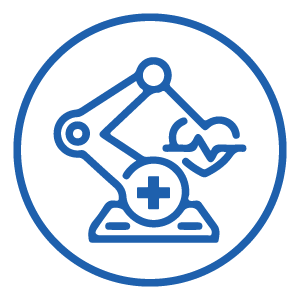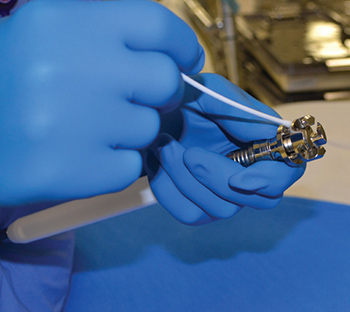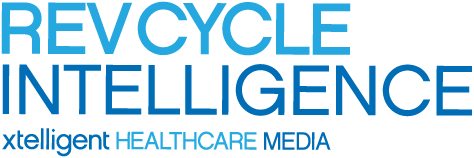 Supply Chain/Technology
Supply Chain/Technology
Built to grow: Key elements of planning a new ASC

Are you part of the ambulatory surgery center (ASC) construction boom? Approximately 116 new facilities opened in 2023, according to Becker’s ASC Review, and more are planned for and underway in 2024. The upward trend shows no signs of slowing. Fortune Business Insights projects the US ambulatory surgery center market…
Common inspection points for surgical instrumentation

Inspecting surgical devices is a time-consuming process. However, diligently checking every instrument prior to sterilization is essential to ensuring safe, proper functioning. As the last people to see devices before they are used for patient care, sterile processing technicians must be thorough. Exterior surfaces should be inspected for flaws such…
Review highlights AI’s promise for improving preoperative, intraoperative, postoperative care

Editor's Note Although artificial intelligence (AI) applications in surgery “remain relatively nascent,” the technology has potential to significantly impact all phases of surgical care, according to a review article published May 13 in Nature Medicine. “The emergence of foundation model architectures, wearable technologies, and improving surgical data infrastructures is enabling…
Surgery-preventing spinal stimulation poised for FDA approval

Editor's Note A recent trial marks the last hurdle for researchers to request regulatory approval for a noninvasive alternative to spinal surgery, according to a May 20 report in MIT Technology Review. Onward Medical’s ACRex device delivers electrical stimulation to the spinal cord via two wired electrodes placed just below…
Study: Transcatheter aortic valve replacement offers similar outcomes to surgical aortic valve replacement

Editor's Note The largest scale analysis so far available comparing surgical aortic valve replacement (SAVR) to longer-term percutaneous devices for transcatheter aortic valve replacement (TAVR) supports the comparable long-term safety and efficacy of the latter procedure. According to a May 15 report in Medical Xpress, the findings raise important considerations for valve…
Cyberattack-affected Providers seek clarity on stolen data reporting responsibility

Editor's Note A joint letter from the American Medical Association (AMA) and more than 100 medical organizations asks Health and Human Services (HHS) Secretary Xavier Becerra to confirm that providers do not bear responsibility for legal reporting requirements for information stolen in the Change Healthcare cyberattack, including personal patient data.…
RAND study reveals private payers pay 250% more than Medicare for healthcare services

Editor's Note A recent analysis by the RAND Corporation, a research and analysis nonprofit, revealed a disparity between hospital and ambulatory surgery center (ASC) prices paid by employers and private payers compared to Medicare prices, Revcycle Intelligence May 15 reports. The study, covering data from 2020 to 2022, showed private…
Survey: Teens, parents mistrust vaccines

Editor's Note Only 46% of parents and 33% of teenagers believe receiving the latest COVID-19 vaccine was important, according to survey results presented by at a May 2-6 Pediatric Academic Societies Meeting in Toronto, Canada. According to a May 9 Helio report on the findings, the survey is the…
Mayo Clinic evaluates impact of OR design on team performance, efficiency

Editor's Note Designing ORs with a focus on patient flow, room organization, and the needs of surgical teams can reduce burnout while improving workplace positivity and patient outcomes. That’s according to an April 9 report from Mayo Clinic, where researchers recently integrated 3D space capture technology with traditional focus groups…
Live, augmented reality surgery marks milestone for bariatrics, Apple Vision Pro

Editor's Note Indian surgeons used the Apple Vision Pro augmented reality (AR) headset for the first time in a live bariatric surgery in New Delhi, according to a May 20 report from New Delhi Television Ltd (NDTV). Including a sleeve gastric bypass and a Single Anastomosis Duodenal-Ileal (SADI), the May…

 Free Daily News
Free Daily News